15. Avengers: Age of Ultron

The second Avengers movie is one of the most controversial entries of the franchise. Once again written and directed by Joss Whedon, Age of Ultron tries to be more than a team-up movie, and introduces concepts like free will and the role of technology in modern life.
Unfortunately, these topics feel forced, and the movie falls under its own weight. Dynamics between the team’s members are either unoriginal (Thor and Cap think Stark is arrogant) or perplexing (Black Widow and Bruce Banner’s potential love story), and similar action scenes to the ones in the movie had already been featured, often more convincingly, in other MCU films.
In addition to this, Age of Ultron has that generic visual style of many MCU films that shows how the filmmakers had little interest regarding the film’s look, as long as there was a lot of action and fighting. Whedon himself felt uncomfortable about the final film, having suffered the studio’s demands regarding story changes. Age of Ultron feels like a missed opportunity, although it is admirably ambitious.
14. Guardians of the Galaxy Vol. 2

The sequel for the widely appreciated Guardians of the Galaxy saw the return of the main cast and crew, with the addition of Kurt Russell as Peter Quill’s father and new member Mantis (Pom Klementieff). The film goes bigger on the special effects while repeating the successful formula made of musical sequences and unexpected character traits (Groot, for example, is here reborn as a baby tree).
Vol. 2 is a lot of fun, but pays the price of not risking too much. Aside from Yondu’s sacrifice and Ego’s plan, the viewer has nothing new to deal with. Sure, the group dynamics work as well as in the first movie, while Gunn’s touch is still evident; still, vol. 2 is not the most memorable entry in the franchise.
13. Captain America: Civil War
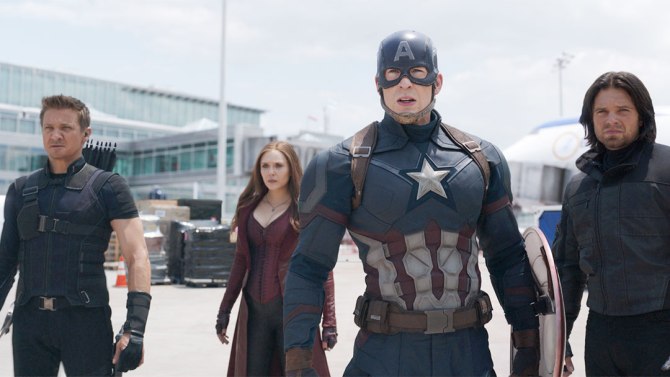
This is the film that proved how the Russo brothers could manage an ensemble Avengers movie, like they later did with Infinity War and Endgame. Civil War is supposed to be a Captain America film, and it certainly is until the story needs to feature so many characters that it effectively becomes an Avengers film.
The first part of the film is the most narratively focused, and the best one. Once tensions between Avengers explode, the action scenes becomes amazing, but the story completely loses its path; the addition of Black Panther and Spider-Man, for example, give the picture an enormous boost, but also feel forced.
Civil War is a good example of how Marvel films suffer from the need to expand their universe before even telling a cohesive story inside a single film. For these reasons, Civil War remains a fan favorite, but an unaccomplished work of cinema.
12. Iron Man 3

Iron Man 3 had a dual task: being the first film to deal with the aftermath of The Avengers’ New York battle, and telling an original story regarding the increasingly popular Tony Stark character. The solution was giving Stark P.T.S.D. from the events of New York, while pitting him against an international terroristic threat (the Mandarin, played by Ben Kingsley, or at least that is what we are led to believe).
The film has a lot to carry, as it rehashes the “Stark paying the price of his past mistakes” storyline. The emotional core of the film still works, as some narrative choices like teaming Stark up with a smart 10-year old, or the villain twist. An uneven entry for the MCU, but still memorable.
11. Spider-Man: Homecoming
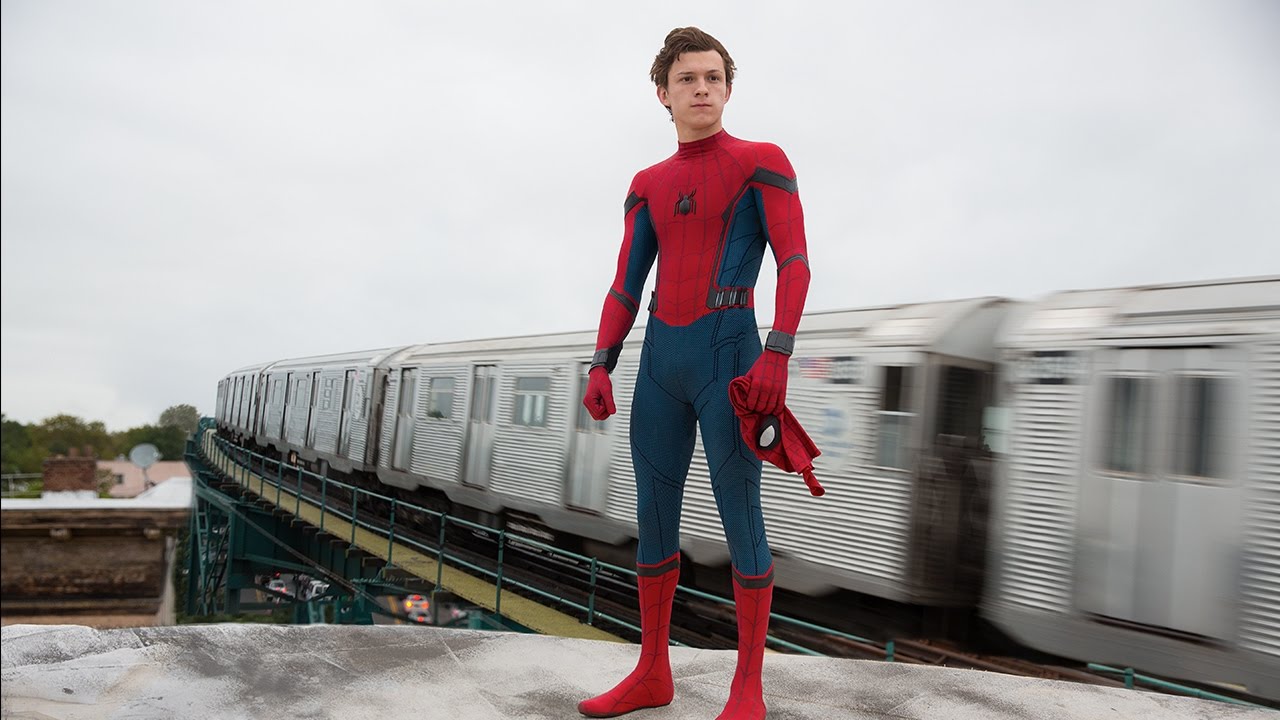
Tom Holland portrays Peter Parker in this second reboot of the Spider-Man franchise in 4 years (the first one had been The Amazing Spider-Man starring Andrew Garfield in 2012). Peter is still in high school, and the film explicitly tries to be a modern teen movie mixed with a superhero story, in which Spider-Man has to fight the Vulture (Michael Keaton).
The film’s masterstroke is making the two storylines of the picture collide (by revealing the Vulture’s real identity as the father of Peter’s crush), while also making Tony Stark a paternal figure to Peter. Homecoming does a good job at making Peter a part of the larger MCU universe while still keeping him believable in his own, smaller world.
The film was a breath of fresh air for the MCU, and while it is not stylistically remarkable from a cinematic point of view, the characters and the plot are as entertaining as few other films from the franchise.
10. Doctor Strange
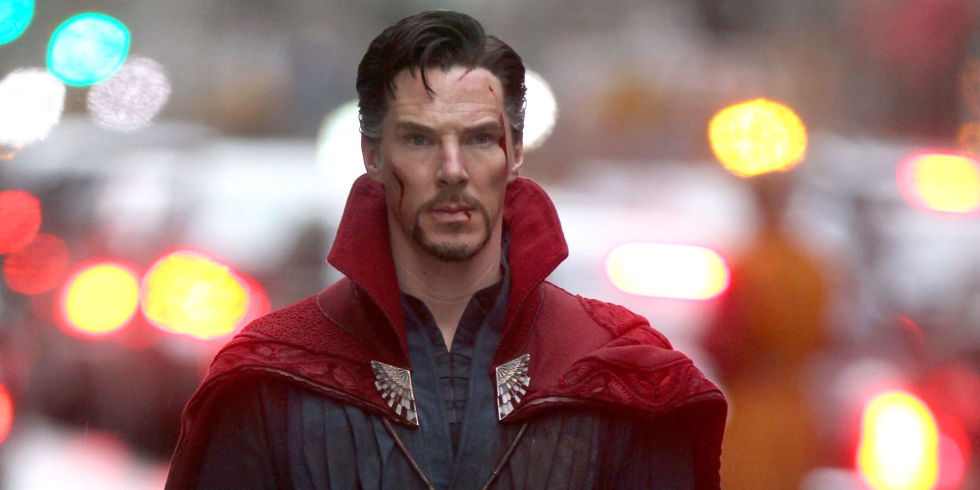
In 2016, one of the most iconic Stan Lee/Steve Dikto creations finally arrived on the big screen. Doctor Strange, master of the mystic arts, is played by Benedict Cumberbatch, the perfect actor for the role, which requires to show both self-confidence and humanity. The plot follows dr. Stephen Strange from his life of success and excess, to one of spiritual nature that also grants him the powers of the Sorcerer’s Supreme.
Director Scott Derrickson went all in on the psychedelic nature of the character, and filled the movie with dizzying special effects; after all, the film is about magic arts and modifying reality itself in all its forms.
While the main story is not really original (comparisons have been made between Strange’s arc and Tony Stark’s in Iron Man), the supernatural elements are perfectly employed, and Strange’s design is flawless. More importantly, Doctor Strange proved that Marvel was still able to make good origin story movies, even 8 years after its first film.
9. Black Panther
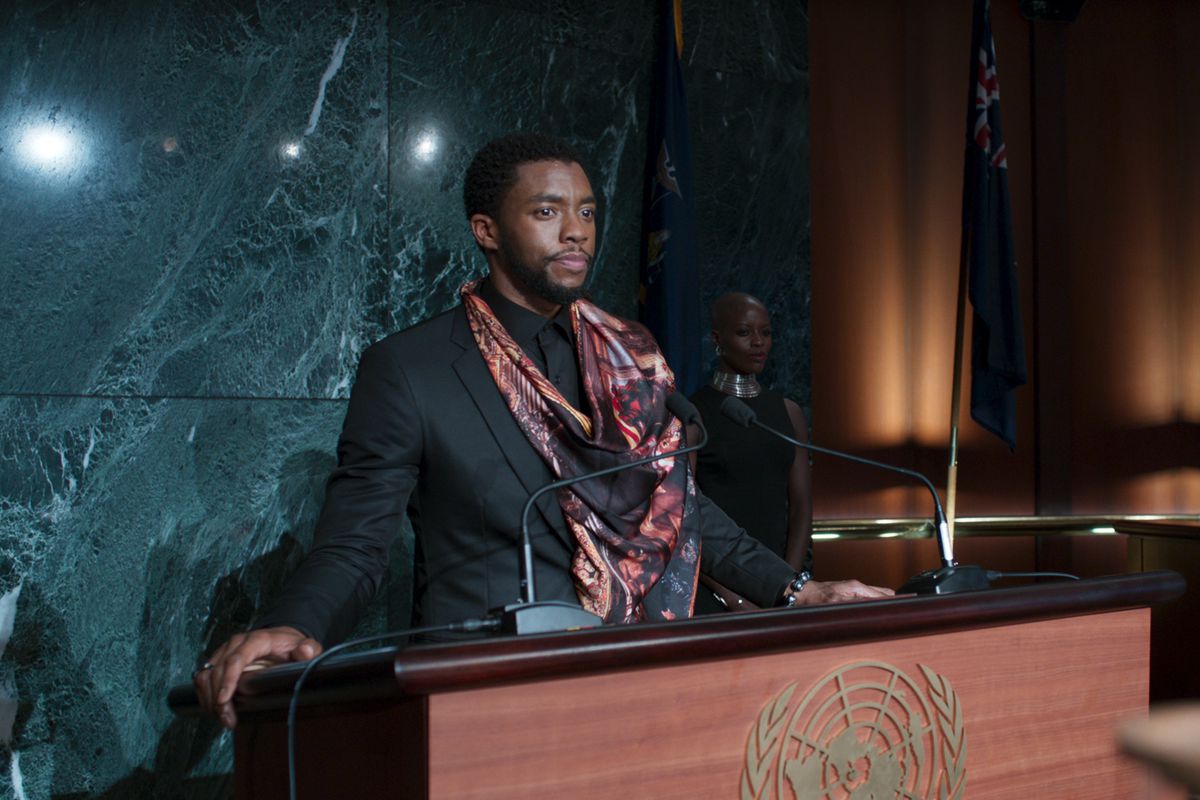
Black Panther is more than a superhero film, it is a social phenomenon. Its success was huge, especially in the United States, where it grossed more than every other comic book movie ever produced. The mainly African-American cast and the plot, which involves themes such as colonialism, war, and race, made it the most relevant film of 2019. Still, the social value of Black Panther is a different thing than its cinematic value.
The film is a mixture of different genres, and takes inspiration from the likes of James Bond, the Lion King, other superhero movies, and Shakespearean dramas. The result is not always well-balanced, as the film struggles to combine its many different aspects, and it can be said that it tries to be too many things at once. Still, the afro-futuristic setting and the characters, Killmonger and Shuri in particular, put Black Panther at an higher level of many superhero movies.
8. Thor: Ragnarok
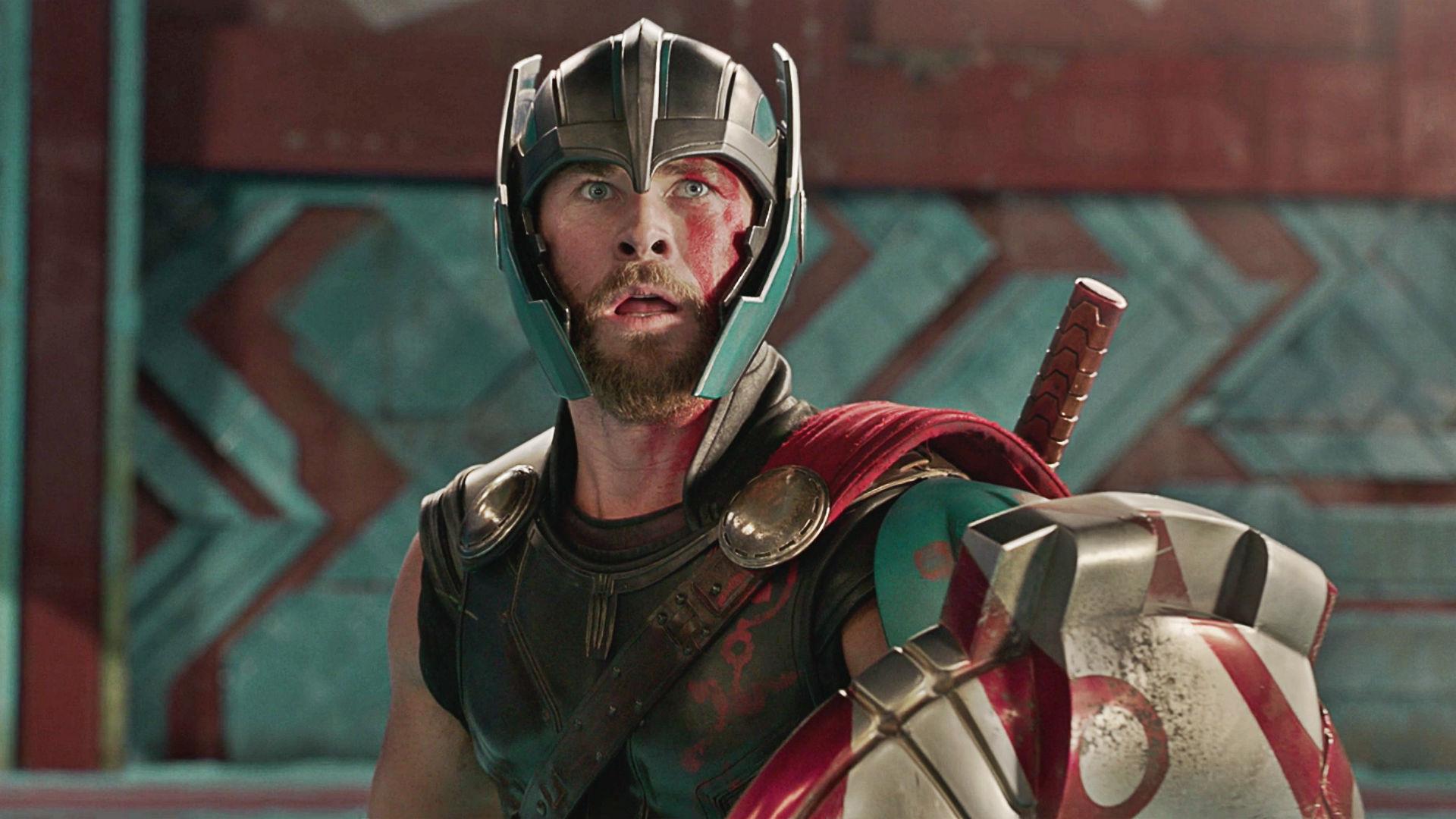
Thor: Ragnarok can be described as a disruptive sequel. Marvel gave the Thor franchise to Taika Waititi (the third director in three movies), knowing how much of a peculiar style he would have brought to the picture. The result is an epic space comedy which undermines every potentially dramatic moment (except for a few cases) and subverts everything you would have come to expect from a Thor movie.
The results are hilarious, but also exhilarating, as Chris Hemsworth is given a completely new Thor to work on and characters like Hulk and Loki get their chance to truly show what they do best. Having Cate Blanchett as a villain does not hurt either. The MCU really needed a new artistic sensibility in order to shake things up, and that is what Waititi did.